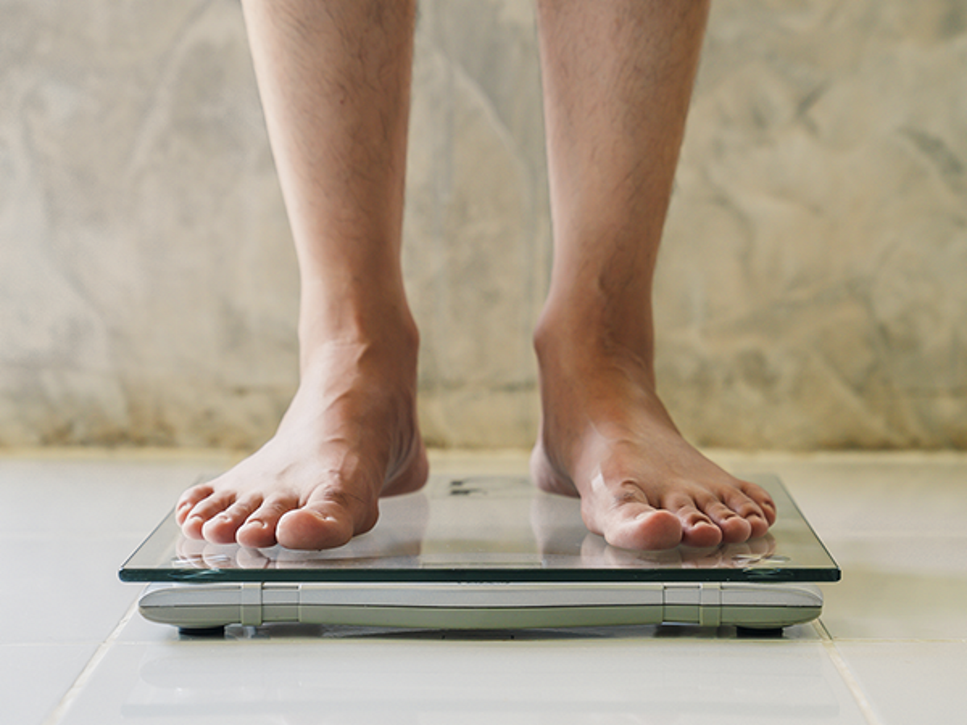Eating disorders, such as anorexia, bulimia and binge eating disorder, are not just a problem for girls and women. According to the National Eating Disorders Association, about one in three people struggling with an eating disorder is male and an estimated 10 million males will struggle with an eating disorder at some point in their lives. The common misconception that this disease only affects females can mean that males often arrive to treatment later in the disease process.
Physical signs and behaviors of this disease may be inadvertently missed by loved ones, school staff or sometimes busy health professionals. This, along with the secretive nature of eating disorders, may delay acknowledgement of the disease and the need for help. Consequently, males may become more ill as more time passes.
Pressure Comes from Media and Peers
Many parents worry about the messages young girls learn from the media: Are girls learning that appearance defines their self-worth? How strong is the peer pressure to look and dress a certain way?
Yet, boys and men also may be pressured by their peers and by media messaging. Many strive for athletic bodies with an unrealistically low amount of body fat. Media outlets, online sources and peers may influence how an individual feels they should look. This also can influence how they feel about themselves.
Possible signs of an eating disorder may include being overly focused on body shape, muscle mass and imperfections. Additional indicators might include anabolic steroid use, excessive time spent exercising at the expense of other activities, heading to the restroom immediately after eating and following a strict eating routine.
Eating disorders affect an individual's emotional and physical health. Many with eating disorders suffer from depression and social withdrawal. Individuals also may experience constipation, electrolyte disorders, irregular heart rate, dental enamel erosion and low levels of testosterone.
Help is Available
If you're struggling with food, ask for help — even if you don't know if your problem qualifies as an eating disorder. If you're concerned that someone you know has an eating disorder, don't ignore it or think it will get better on its own. Calmly talk to that person about your concerns. Understand that the primary problem is not food, so simply going on another diet is not the solution. The dangerous eating patterns seen with eating disorders are symptoms of psychological problems.
For those who do receive treatment, the health care team should involve mental health and medical specialists, as well as a registered dietitian nutritionist specializing in eating disorders.
Learn More About Eating Disorders in Men
References
Find a Nutrition Expert
Looking for credible nutrition information and recommendations? The Academy of Nutrition and Dietetics' network of credentialed food and nutrition practitioners are ready to help!

